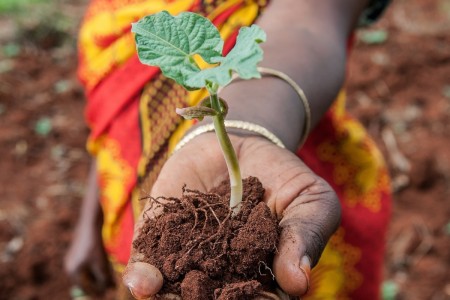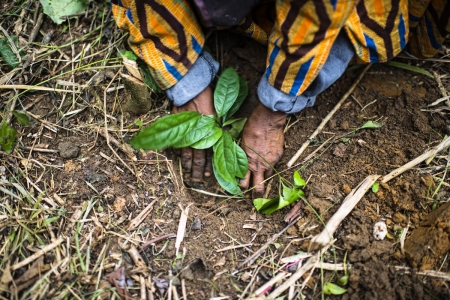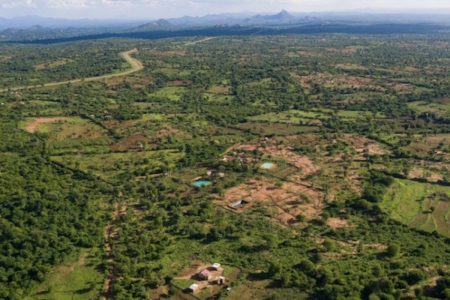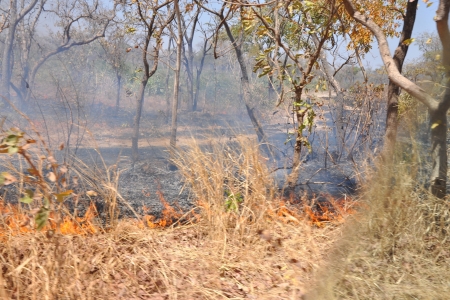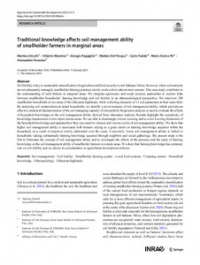In arid and semi-arid regions of South Asia and East Africa, common property resources including village forest, common lands, pastures, sacred grooves, and water bodies deliver crucial ecosystem services for livelihoods, particularly for the poor. However, common property regimes creates specific governance challenges. In India and Ethiopia various watershed development programs have been developed, mainly by the public sector. There is a strong evidence that various watershed innovations have the potential to achieve a wide range of societal goals such as enhancing ecosystem services provision, increasing productivity and generating diverse income opportunities (Wani et al. 2008, Rockstroem et al. 2010, Garg et al. 2011, Garg and Wani 2012, Singh 2014, Karlberg et al. 2015). However, despite its obvious potentials, many communities fail to overcome collective action challenges in sustaining the ecosystem services over time (Joshi et al. 2005; Wani et al. 2008). The activity proposed here intends to address this unresolved challenge. It envisions a long-term impact of improving the livelihoods in particular of the poor and other marginalized groups (1st ESR core principle) while simultaneously enhancing the capacity of ecosystems and agricultural systems to provide multiple ecosystem services (2nd ESR link). In order to achieve the above mentioned impact we therefore intend to i) identify major institutional and governance challenges of collective action and 2) develop the institutional capacity of pilot watershed communities to respond to these emerging resources management challenges in the upper Ganges and Nile basins. We will employ various participatory tools including focus group discussions (FGD) with the community, a diagnostic questionnaire to prioritize issues and facilitate community discussion on social dilemmas, in particular on upstream-downstream interactions. The results of the focus group discussions will be incorporated into economic games. The games will allow to better understand cooperation patterns in the communities. They will be also used as a starting point for stakeholder discussions on governance in general and self-organization in particular.
menu


